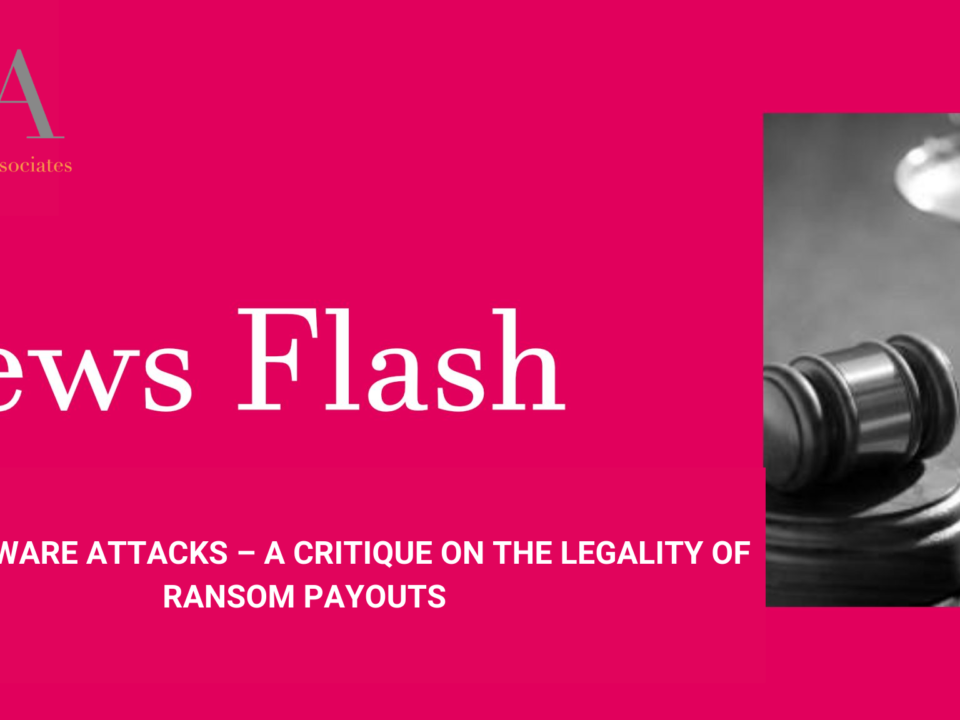Would Fraudulent Acts Committed by an Employee be Covered Under the Ambit of the ‘Fidelity’ Clause of an Insurance Claim?

The National Consumer Disputes Redressal Commission (“NCDRC”) vide an order dated 4th February 2021 passed in the matter of M/S. R.R. Chokhani Stock Brokers vs The New India Assurance Co. Ltd. explained the distinction between infidelity and speculative trading.
In the present matter, the Complainant (“Insured”), a member of the Bombay Stock Exchange (BSE), was engaged in the business of arbitrage between NSE and BSE. As per the mandatory requirements of SEBI and laws of NSE and BSE, the Complainant took an insurance cover from the Opposite Party (“OP”) to the tune of Rs. 1 Crore. The said policy covers inter alia “fidelity” under Section 1A of the terms and conditions of the policy. A key permanent employee of the insured had entered into fraudulent arbitrage operations for his personal benefit, without knowledge and authority from the insured.
Consequently, a claim was filed with the OP which was rejected on the grounds of speculative trading entered into by its employee which was outside the scope of the policy. Thereafter, BSE gave its observations by categorically stating that the loss incurred to the Complainant was due to fraud and infidelity and not a case of speculative trading. However, the OP refused to settle the insurance claim and therefore, being aggrieved by the denial for settlement of the claim, the company approached the NCDRC.
In the instant case, the core issue for adjudication was whether the said act committed by the employee would be covered under the ambit of the ‘Fidelity’ clause or considered as a speculative transaction? Consequently, the liability of the insurance company was to be determined.
At this juncture, the Commission had to first establish if the deceased person was covered under the definition of an ’employee’ as per the insurance policy. It was vehemently submitted that the statutory auditors had duly certified the deceased person’s designation and salary statements. Further, he was in charge of Arbitrage activities and was authorized to carry out buying/selling transactions purely on arbitrage basis. In addition, the Complainant Company has provided the detailed list of employees to the Surveyors. On perusal of the same, the Commission took a considered view that the Insurance Company failed to produce cogent evidence to prove that the deceased was not employee of the Complainant Company.
The way around the conundrum regarding the said act being a speculative transaction or not, was for the Commission to determine if the exclusion clause (A) (6) of the said policy, which dealt with trading by an Insured in his own name or any other name, was applicable or not. In the instant case, the Complainant suffered loss due to dishonest actions of its employee who confessed his misdeeds and due to guilt, he committed suicide. The NCDRC concluded that the claim of the Complainant was squarely covered under Section 1A i.e., “Fidelity”, which was reproduced as the “Loss resulting solely and directly from dishonest or fraudulent acts by employees of the Insured committed with the manifest intent to cause the insured to sustain such loss or to obtain a financial gain for themselves wherever committed and whether committed alone or in collusion with others, including loss of property through any such acts by Employees.
Additionally, it was pertinent to note that employees or directors are prohibited from own trading or speculation. Moreover, the record did not show any speculative profit and loss bills either in the name of the Company or its employees. Therefore, it was concluded that, the exclusion clause (A) (6) of the said policy was not applicable and thus the Insurance Company would be liable to discharge the claim.
Further, taking note of the submissions, the NCDRC concluded that the two surveyors appointed by the OP had failed to act as per IRDA guidelines and unnecessarily delayed the settlement of the claim by making repeated demands for additional information. This inter alia showed that there exists deficiency in service on the part of the OP. In light of the above, the Insurance Company was directed to pay the claim of Rs. 1 Crore along with interest @9% p.a.



